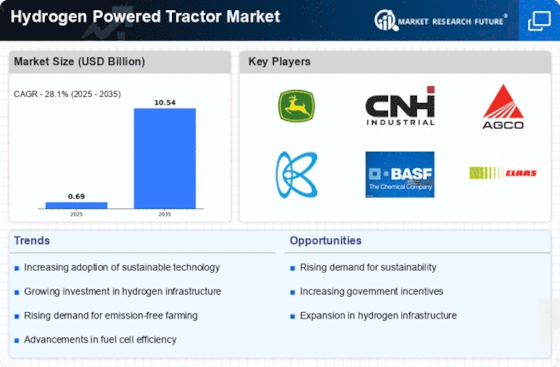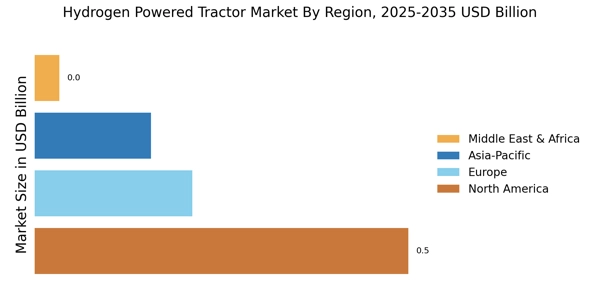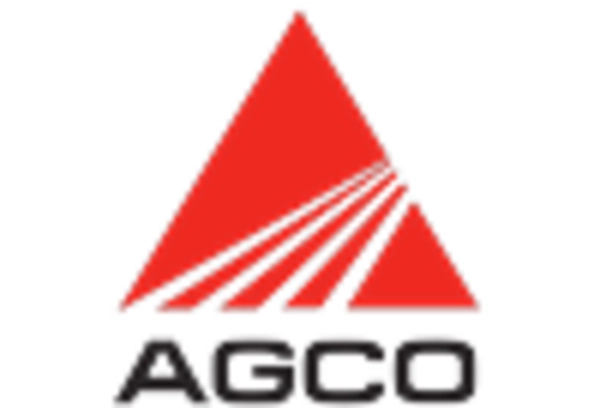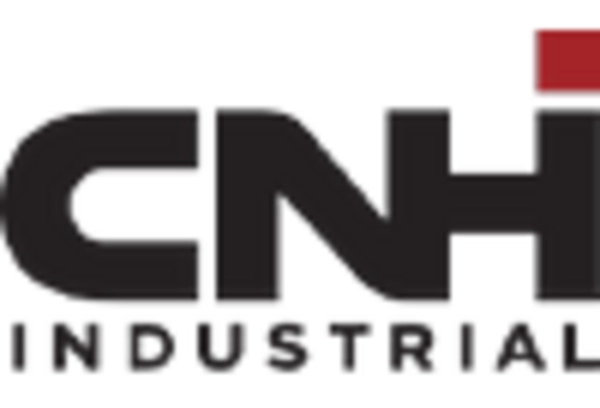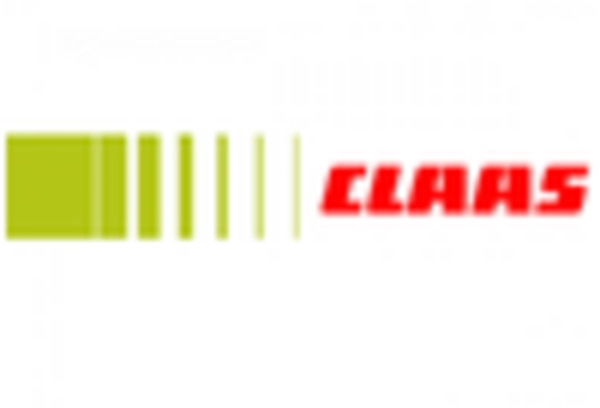Rising Fuel Costs
The Hydrogen Powered Tractor Market is also driven by the rising costs of conventional fuels. As fuel prices continue to fluctuate, farmers are increasingly looking for cost-effective alternatives. Hydrogen, being a renewable energy source, presents a viable option that could potentially stabilize operational costs. In recent years, the volatility of diesel prices has led to a growing interest in hydrogen as a fuel source. The economic feasibility of hydrogen-powered tractors is becoming more attractive, especially as technology advances and production costs decrease. This trend suggests that the market for hydrogen-powered tractors may expand significantly as farmers seek to mitigate the impact of fuel price volatility.
Environmental Regulations
The Hydrogen Powered Tractor Market is increasingly influenced by stringent environmental regulations aimed at reducing greenhouse gas emissions. Governments are implementing policies that promote the adoption of cleaner technologies in agriculture. For instance, regulations that limit emissions from traditional diesel tractors are pushing farmers to consider hydrogen-powered alternatives. This shift is not merely a trend; it is becoming a necessity for compliance. As of 2025, many regions have set ambitious targets for carbon neutrality, which further incentivizes the transition to hydrogen-powered solutions. The market is projected to grow as farmers seek to align with these regulations, thereby enhancing the appeal of hydrogen-powered tractors.
Technological Innovations
Technological advancements play a crucial role in the Hydrogen Powered Tractor Market. Innovations in hydrogen fuel cell technology are enhancing the efficiency and performance of tractors. Recent developments have led to improved energy density and reduced costs of hydrogen production, making it a more accessible option for farmers. The integration of smart technologies, such as precision agriculture tools, with hydrogen-powered tractors is also gaining traction. These innovations not only improve operational efficiency but also contribute to sustainable farming practices. As technology continues to evolve, the market for hydrogen-powered tractors is likely to see increased adoption, driven by the need for modern, efficient agricultural solutions.
Government Incentives and Support
Government incentives and support are pivotal in shaping the Hydrogen Powered Tractor Market. Various governments are introducing subsidies and grants to encourage the adoption of hydrogen technologies in agriculture. These financial incentives are designed to offset the initial costs associated with purchasing hydrogen-powered tractors, making them more accessible to farmers. Additionally, research and development funding is being allocated to improve hydrogen production and fuel cell technologies. As these initiatives gain momentum, they are likely to stimulate market growth, encouraging more farmers to transition to hydrogen-powered solutions. The support from governmental bodies is expected to play a significant role in the future expansion of the hydrogen-powered tractor market.
Consumer Demand for Sustainable Practices
The Hydrogen Powered Tractor Market is witnessing a surge in consumer demand for sustainable agricultural practices. As awareness of environmental issues grows, consumers are increasingly favoring products that are produced using eco-friendly methods. This shift in consumer behavior is prompting farmers to adopt hydrogen-powered tractors, which align with sustainable farming principles. The market is responding to this demand by offering more hydrogen-powered options, thereby catering to environmentally conscious consumers. As of 2025, it appears that the trend towards sustainability will continue to shape the agricultural landscape, further driving the adoption of hydrogen-powered tractors.
.png)

